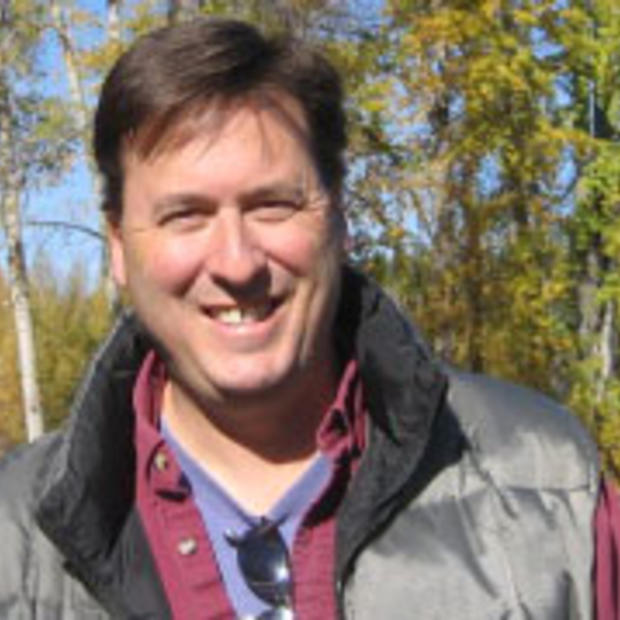The controversy surrounding the latest parks funding effort is creating lots of bad blood between people who traditionally work together to fund and take care of our parks. Why is this happening? It’s a question that deserves some analysis so we can avoid this in the future.
Facing the question may also help us craft a new proposal if the current Proposition 1 fails on the August 5 ballot. While it’s hard to know how the small percentage of actual participants in a primary will vote, the controversy is probably not helping the Yes side as a confused or distrustful voter is usually a No vote.
While there are many reasons for distrust and confusion, the primary fault probably lies with the architects of the political strategy. I have no doubt that the polling showed widespread support for a levy renewal. That support likely fell when two factors were added: the creation of a new permanent taxing district that can raise taxes without a public vote to a maximum of 75 cents per $1,000 of a home’s value, and putting control of that district in the hands of the Seattle City Council.
These two components create doubt in even the most ardent parks supporter. Proof that the political strategists and pollsters know this is easy to see. Right out of the gate, supporters wanted the ballot language to portray this proposal as a levy renewal. Opponents successfully petitioned for a change in the language to reflect the governance change and the creation of a new taxing district under state law. In numerous op-eds from supporters — including Councilmember Mike O’Brien, former Mayor Mike McGinn, former Councilmember Richard Conlin and Councilmember Sally Bagshaw — the proposal is presented as a small levy increase over the current level. The average cost is presented as about $4 per month on a $400,000 house (by the way, where are these $400,000 houses?).
While I’m sure the campaign is following the advice of pollsters and smart political advisers, the strategy has engendered distrust and skepticism among many who might otherwise be supportive. A major governance change needs more time to engage voters and develop support. From the beginning, this process has been ushered quickly to the public with a campaign based mainly on: Vote for parks! It’s for the kids! It’s for social justice and sustainability!
Added to these positive mom-and-apple-pie messages is the more negative message that anyone who questions this governance change is a Tim Eyman supporter or a Tea Partier. I never realized the League of Women Voters, which questions this change, was such a right-wing organization.
The opposition has some extreme accusations as well: This is money for greedy downtown developers and the money will all be used for the new waterfront park that only rich people will like. The council will use the taxing district to build stadiums and sell off public parks. While technically true under the state RCW that creates the authority, the fears are probably overblown. But these fears play into the often-used theme of downtown versus the neighborhoods.
This opposition strategy also reinforces the worry of some that the new council district elections next year will add gas to the anti-downtown fire.It is inevitable that this will be a point of debate, but I hope people will understand the economics of the city and that a strong and healthy downtown and new waterfront will benefit all of us regardless of where we live. (Full disclosure: My father, Charley Royer, has been volunteering for several years on the Central Waterfront Plan and is a supporter of Prop. 1.)
But the biggest problem for supporters of Prop. 1 is still the City Council. Passage of district elections last year by such a wide margin, as well as the defeat of an incumbent mayor, should have signaled that there is discontent in the city’s electorate. And while it is always the goal of departments to get out of the general fund where they must compete for funding, there is always the suspicion that it is really just a way to put stuff on levies that everyone likes. Then the council can use the general fund for all kinds of other programs that the public may not support. It is hard for the council to say no, so for the council the more discretionary funding, the better. (I wrote about what I call “a la carte government” here in 2010.)
There is also the problem that, even with all of the guarantees to the contrary, that the council will still use the funding for new projects while minimizing maintenance. Additionally, displacement of existing general fund support for parks is a concern even though today’s council says this will not happen.
Unfortunately, the roll-out of the campaign and the refusal of supporters to talk about the governance change all play into the skepticism and general feeling that this is not a square deal for the average homeowner. It will be interesting to see how this all plays out, whether this signals a change in how the city develops ballot proposals, or whether we continue our streak of strong support for new funding. Either way, it will be a referendum on trust — both for our elected officials and our parks administration.
Disclosure: City Councilmember Sally Bagshaw is married to Crosscut board chair, Bradley Bagshaw.



